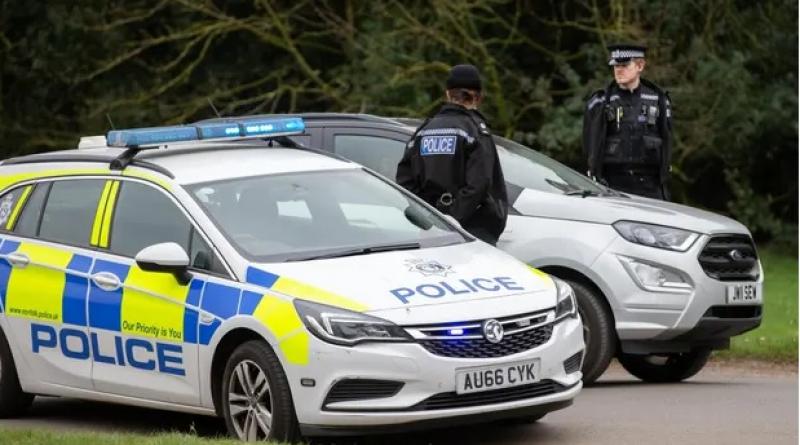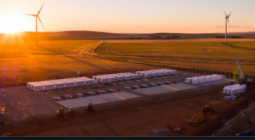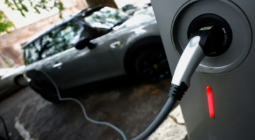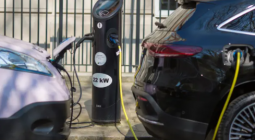UK police trial Tesla cars as fleets prepare for shift to electric

Positive results may lead to Model 3 cars being adopted by police, paramedic and fire services
British police have been testing out Tesla cars as part of a drive to electrify more of their fleet, and the results so far are promising, according to a Tesla spokesperson.
Early findings show “great results” around the suitability of the firm’s Model 3 vehicle for emergency service operation, said Max Toozs-Hobson, emergency services lead at Tesla.
He told the Guardian that while the average blue light run in the UK was seven to 15 minutes, the Model 3 had been able to take part in runs that lasted four hours on active deployment under advanced driving conditions, and said that “it’s achievable to do over 200 miles of blue light advanced driving with the [Model 3]”.
Positive results could lead to more Tesla Model 3 cars being adopted by UK police, paramedic and fire services.
The trial began earlier this year when the electric car firm offered UK police an adapted and liveried version of its Model 3. The test comes as UK police look to invest in more electric-powered cars ahead of a 2030 government ban on new diesel and petrol motored vehicles.
Tesla made a number of adaptations to the car, but according to Toozs-Hobson, the systems did not impact the car range. Running automatic number plate recognition for three hours would take less than a few miles of range off the car, he said, and the LED lights could run for days off the battery pack.
The charging system was successful. Toozs-Hobson said he had “joined a traffic unit who got into the car with just 80 miles of range. We stopped at a V3 supercharger and gained 70% power in less than 20 minutes. This gave us another 5-6 hours of driving for the shift. Plus, this fill up cost less than £20”.
However, the trial results were not all positive. Toozs-Hobson criticised the light bars found on emergency vehicles, saying that they were like “running with a parachute” on. He suggested integrating police lights into the car cabin, similar to many unmarked police cars, which he said would reduce drag and the drop in car value that comes from drilling holes into vehicle roofs.
The Tesla Model 3 Performance, the vehicle type believed to have been used in these trials, is more expensive than non-electric or hybrid high-performance equivalents. A Tesla Model 3 Performance is available from £59,990, while a BMW 3 Series Saloon costs nearly half that at £33,250. However, high initial costs may also come with lower operating costs, reducing the total cost of the vehicle over its lifetime.
Toozs-Hobson said that the public response to Tesla’s active units had been “mind-blowing” and that the firm would continue working with police ahead of the 2030 combustion motor ban.
A government spokesperson said, “Over the next few years police forces across England and Wales will play a significant role in achieving the government’s net zero carbon ambition through the de-carbonisation programme for policing”. He added that “some forces have already made significant progress in decarbonising their fleet”.
Cover photo: K police are looking to invest in more electric-powered cars ahead of a 2030 government ban on new diesel and petrol motored vehicles. Photograph: Terry Harris/Rex/Shutterstock





